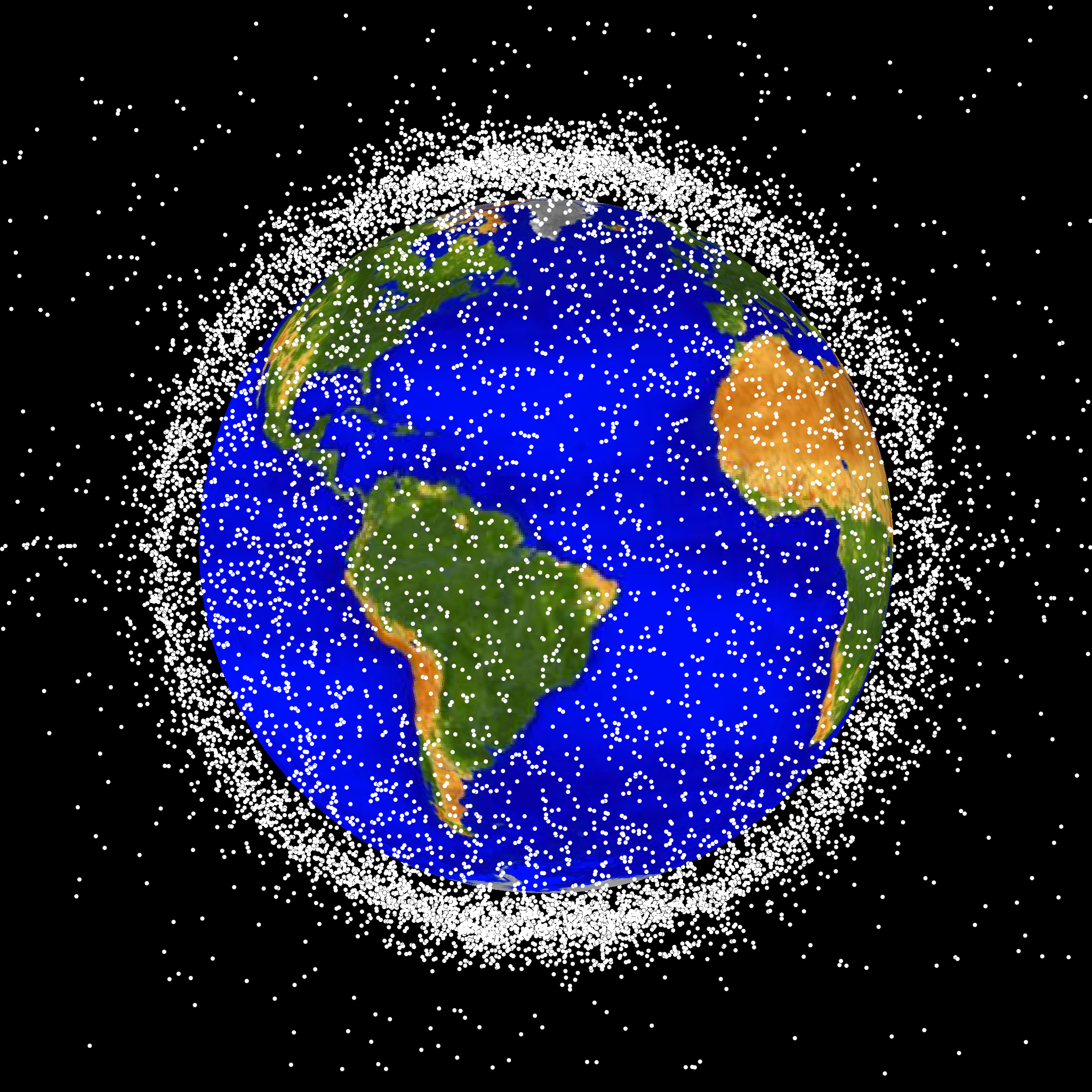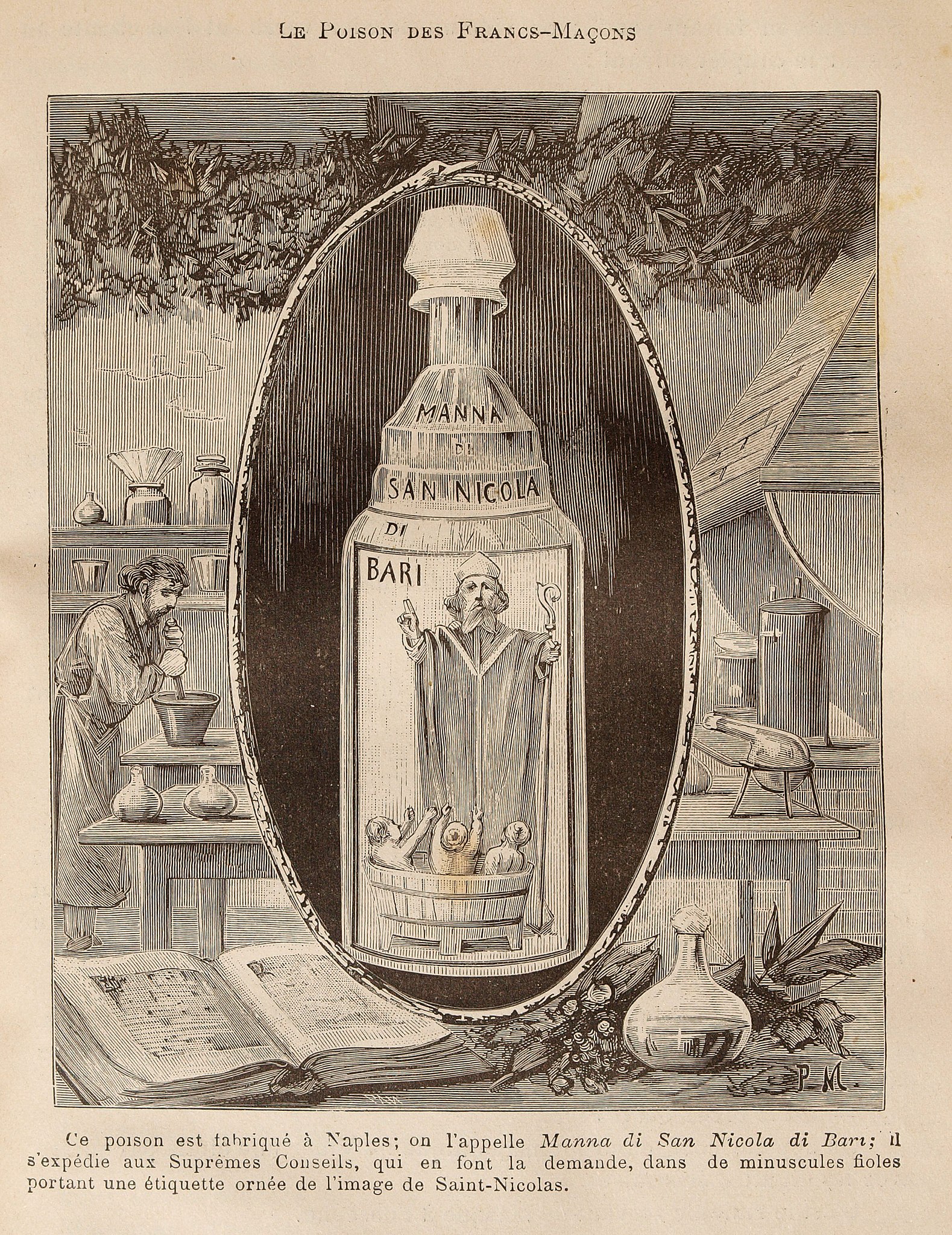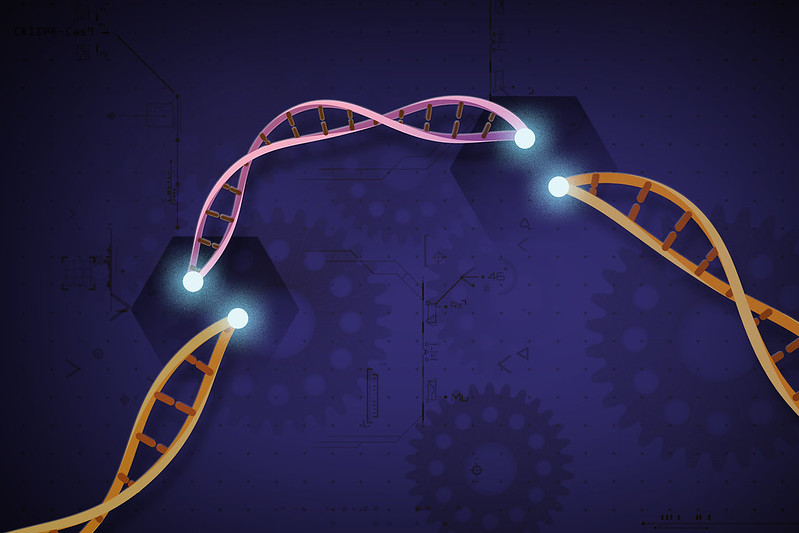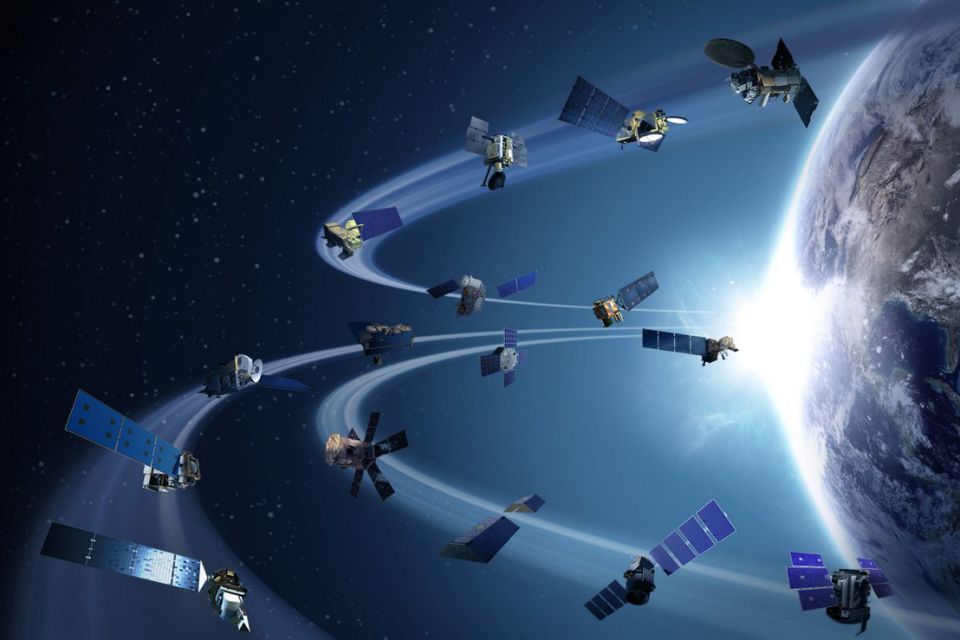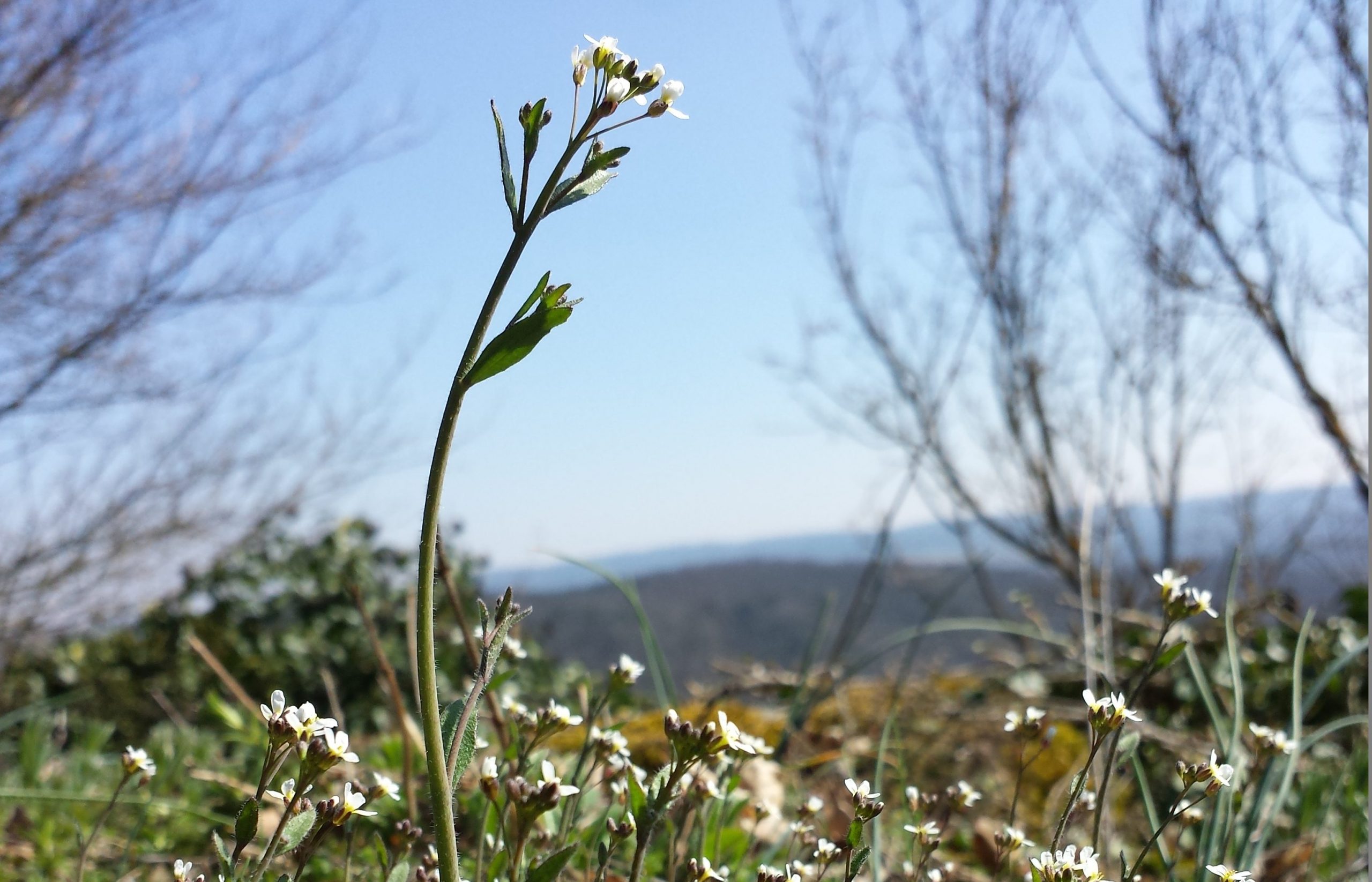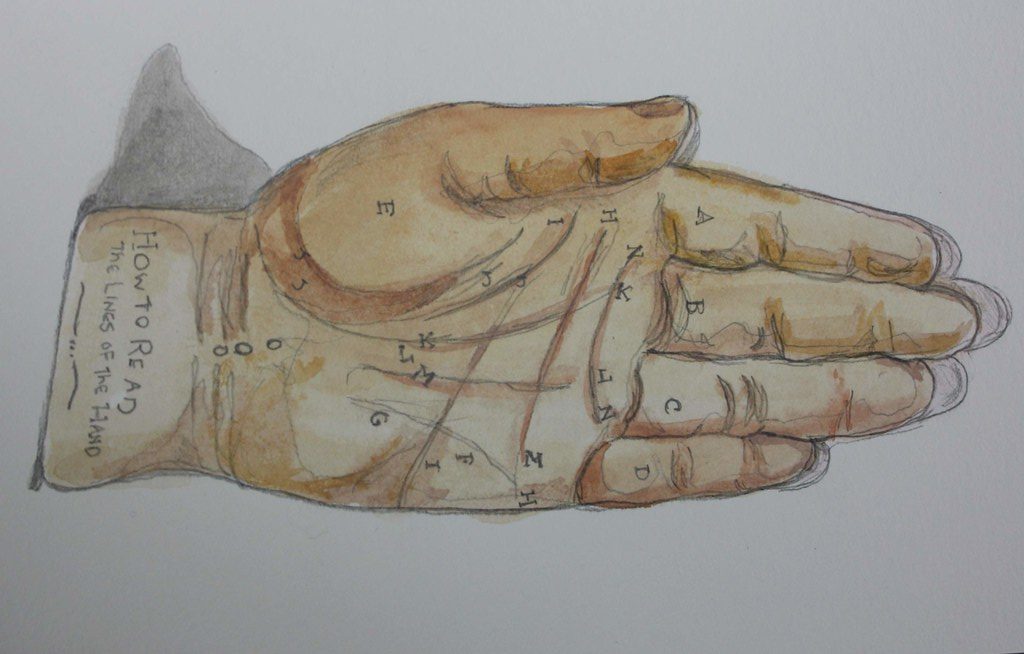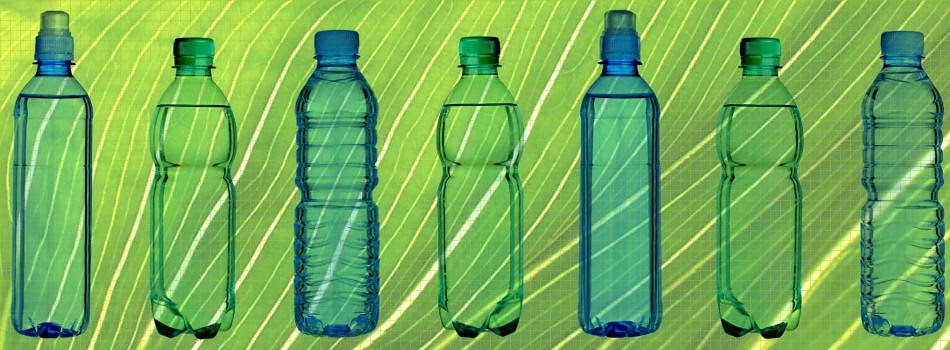
The Earth from ET’s Perspective
To date, researchers have identified over 5,000 exoplanets in the Milky Way, a small fraction of the billions hypothesized to exist in our galaxy. Among them, researchers catalog so-called “Earth-like planets,” or planets with a similar size, structure, and distance from the Sun as Earth. While of great interest to modern astronomers, no conclusive evidence

